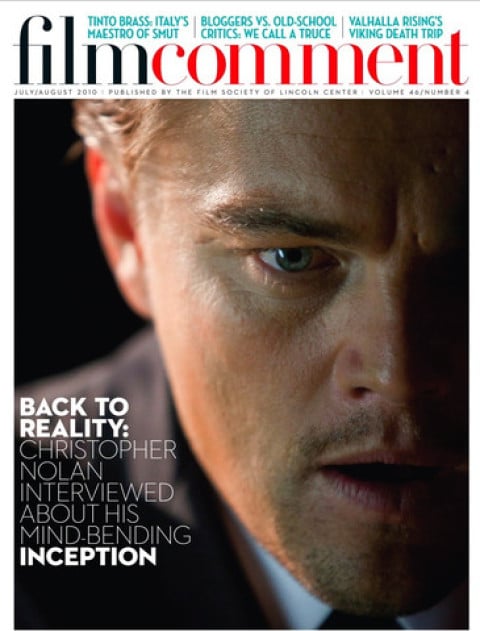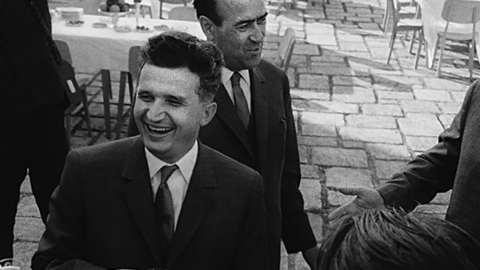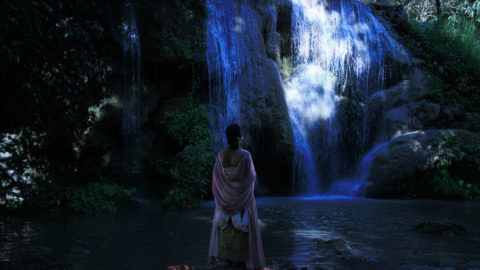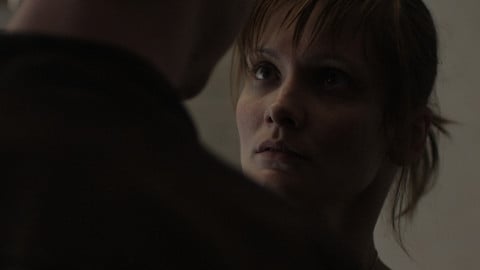A week before the 63rd Cannes Film Festival began, freakish 20-foot waves buffeted the Côte d’Azur—inducing an end-of-days vibe that was further underscored by the intermittent belching of volcanic ash from Iceland that delayed the arrival of scores of festivalgoers. Was braving natural disasters even worth it? Shortly after announcing the roster in late April, Cannes programming head Thierry Frémaux was already apologizing for the slim, lackluster 2010 Competition lineup by assuring everyone how great 2011’s would be.
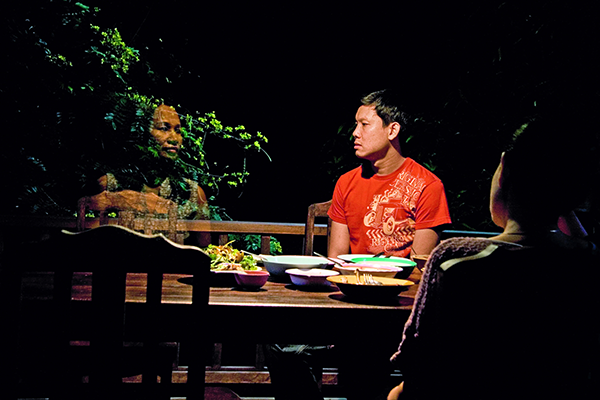
Uncle Boonmee Who Can Recall His Past Lives
Enjoy what you can, endure what you must. For some of us, the fact that Apichatpong Weerasethakul’s rapturous animist tale Uncle Boonmee Who Can Recall His Past Lives won the Palme d’Or proved so elating and vindicating, that we could almost forgive Frémaux and his associates for including Ken Loach’s Route Irish. A last-minute addition announced fewer than 48 hours before the festival began, Loach’s festering sore of a movie, about private security contractors in Iraq, blunts and numbs. A crazy baldhead (Mark Womack) tries to find out the details behind his best friend’s death in a roadside bomb attack. Phrases are screamed repeatedly (“No blood, no foul!”; “Wrong place, wrong time!”), a gentle Iraqi translator plucks his oud, a man is waterboarded—for real. A hideous display of impotent, idiotic rage, Route Irish may at least bring to an end Loach’s longstanding presence at Cannes.
Woody Allen, another Croisette perennial, bookended the out-of-competition entry You Will Meet a Tall Dark Stranger, his latest sclerotic, London-set sex comedy, with a quote from Macbeth that’s an apt description of Route Irish: “It is a tale told by an idiot, full of sound and fury, signifying nothing.” Allen’s preemptive Shakespeare reference signifies not nothing, just more of the same: bickering couples, men leaving their wives for younger women, an artistic opportunist getting his comeuppance. Almost as shouty as Loach’s film (and more voluble), You Will Meet does at least feature some real acting: Naomi Watts plays a gallery assistant in love with her boss (Antonio Banderas), fed up with her pathetic novelist husband (Josh Brolin), and exhausted by her fortune-teller–reliant mother (Gemma Jones) not as the typical overbearing Allen nag but as a woman whose fiery judgments ignite her dormant passion.
More fiery indictments are found in Sabina Guzzanti’s Berlusconi exposé, Draquila: Italy Trembles, presented as a special screening. Prompted by the April 2009 earthquake that destroyed the city of L’Aquila, Guzzanti’s doc seeks to find out why so many Italians still vote for this batty demagogue—and tolerate what one interviewee calls “a kind of shit dictatorship, but without the torture.” Guzzanti, frequently inserting herself onscreen in conversation with her subjects à la Michael Moore, assembles a string of fascinating anecdotes from her subjects about Berlusconi’s “oppressive paternalism.” But the scattershot approach, like Moore’s, never really gels into a cogent argument; compared with Erick Gandini’s recent, tightly stuctured Videocracy, another attack on Berlusconi, the lack of an organizing principle in Draquila becomes a liability.
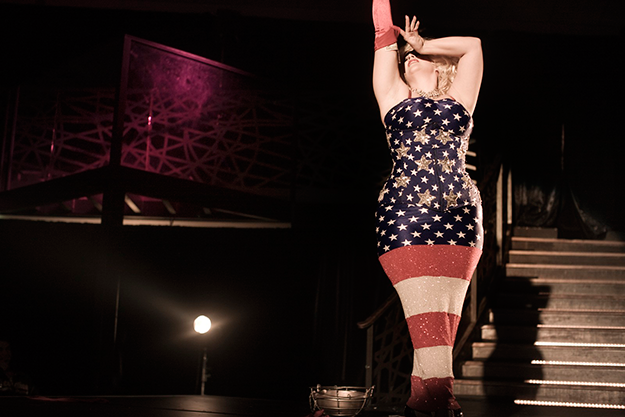
On Tour
Appearing both behind and in front of the camera, Guzzanti was one of many directors doing double duty; in Competition alone, four of the 19 titles featured helmer-actor combinations. But none was as ebullient as Mathieu Amalric’s in On Tour (Tournée), a Cassavetean tribute to the new burlesque, i.e., zaftig, tattooed lovelies with an expansive repertoire and an even more expanded audience. Combining onstage performances, backstage drama, the boredom of downtime, and the pyrotechnics of Amalric’s character, a washed-up producer with spectacular self-destructive tendencies, On Tour brims with goofy affection for its confident, unconventional performers and cracked-up impresario.
The bare flesh and provocative poses of Dirty Martini, Mimi Le Meux, and the other showgirls of Amalric’s film may be slightly risqué fun. But for raunchier, trashier kicks, Gregg Araki’s midnight-screening Kaboom provided plenty of sweaty, lusty, polymorphous perverts in AC/DC positions. Reminiscent of his Nineties “teen apocalypse trilogy” (Totally F***ed Up, The Doom Generation, and Nowhere), Araki’s latest memorably features Catherine Breillat regular Roxane Mesquida as a witchy lez even better at eating pussy than Uncle Boonmee’s cunnilingus-crazy carp. Before the world blows up, everybody must get blown: yes, Kaboom is silly, but undeniably sexy.
Smashing the biopic to smithereens, Lodge Kerrigan’s Un Certain Regard entry Rebecca H. (Return to the Dogs) was the festival’s most defiantly enigmatic film—and, if you succumbed to its rhythms rather than trying to figure out what it “meant,” offered some of Cannes’s most transporting pleasures. Géraldine Pailhas plays both herself—as an actress starring in Somebody to Love, a biopic about Grace Slick directed by Lodge Kerrigan (also playing a version of himself)—and a mentally ill woman who, inspired by Slick’s music, wants to leave France for Monterey to start a recording career. The doubling and the film-within-a-film structure become even more mesmerizing when the real Slick appears, in snippets from the concert docs Monterey Pop and One P.M. Combining meticulous mimesis, metanarrative, and lengthy, Dardenne-inspired, back-of-the-head tracking shots, Rebecca H. reimagines the biopic as an exercise in giving, withholding—and torturing. Just like Cannes.
CANNES TOP 10
1. Uncle Boonmee Who Can Recall His Past Lives Apichatpong Weerasethakul, Thailand/U.K./France/Germany/Spain
2. Carlos Olivier Assayas, France/Germany
3. Rebecca H. (Return to the Dogs) Lodge Kerrigan, U.S./France
4. The Strange Case of Angelica Manoel de Oliveira, Portugal/Spain/France/Brazil
5. Poetry Lee Chang-dong, South Korea
6. Tuesday, After Christmas Radu Muntean, Romania
7. Of Gods and Men Xavier Beauvois, France
8. A Screaming Man Mahamat-Saleh Haroun, France/Belgium/Chad
9. On Tour Mathieu Amalric, France
10. Kaboom Gregg Araki, U.S./France



